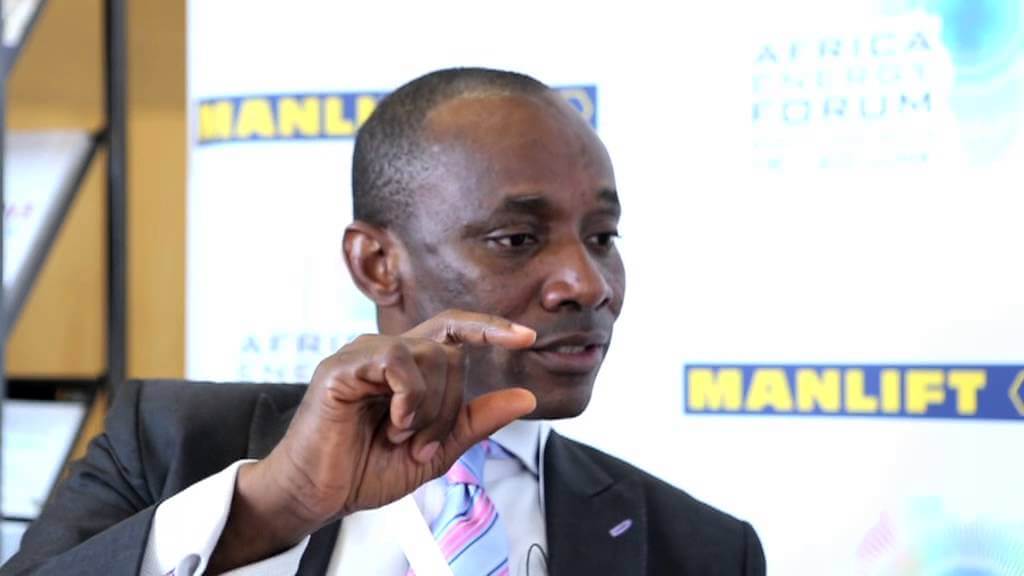A former Chairman of the Nigerian Electricity Regulatory Commission (NERC), Dr Sam Amadi, has cautioned against the proposed amendment of the Electricity Act 2023.
He also warned against the hasty creation of multiple sub-national electricity markets, warning that such moves could destabilise the sector and undermine national grid coordination.
THE WHISTLER recalls that the Electricity Act (Amendment) Bill, 2025, has passed the second reading at the Senate.
The proposed bill, according to its promoters, is aimed at decentralising Nigeria’s power sector.
But Amadi, who spoke in Abuja on Monday, during the 10th anniversary celebration of the Association of Power Generation Companies (APGC), advised policymakers to exercise patience and allow the electricity market to evolve through evidence-based reviews rather than through frequent legislative changes driven by political pressure or temporary challenges.
He said, “We should accept that building this electricity market will be a trial-and-error process. We should not be too inoculated against failure. Amendments should come from trial, with evidence, with reviews, gradually.”
Advertisement
He warned that constantly changing laws, models, and institutions in response to sectoral challenges could create instability and worsen existing problems.
Amadi noted that while decentralisation of the power sector is a welcome development, the ongoing push by states to establish their own electricity markets appears rushed and poorly synchronised.
He expressed concern that without a harmonised national framework, Nigeria risks ending up with “20 electricity markets” operating under conflicting regulations.
This, he said, could fragment power trading and threaten grid stability.
“Many state electricity markets may fail due to weak governance capacity and lack of harmonised regulatory frameworks,” he said.
Advertisement
Amadi urged the Federal Government and the National Assembly to prioritise coordination mechanisms that allow generation companies to sell power seamlessly to state markets without new regulatory or cost barriers.
He stressed the need to protect the integrity of the national grid and ensure equitable electricity access across all regions.
“We could go back after 10 years to discover that many state electricity markets have failed. Each state market will fend for itself, and there will be no guarantee of equitable power supply,” a former NERC boss said.
He, however, called for policy consistency, institutional stability, and coordinated regulation to sustain investor confidence, with a view to achieving the long-term goals of Nigeria’s power sector reform.

